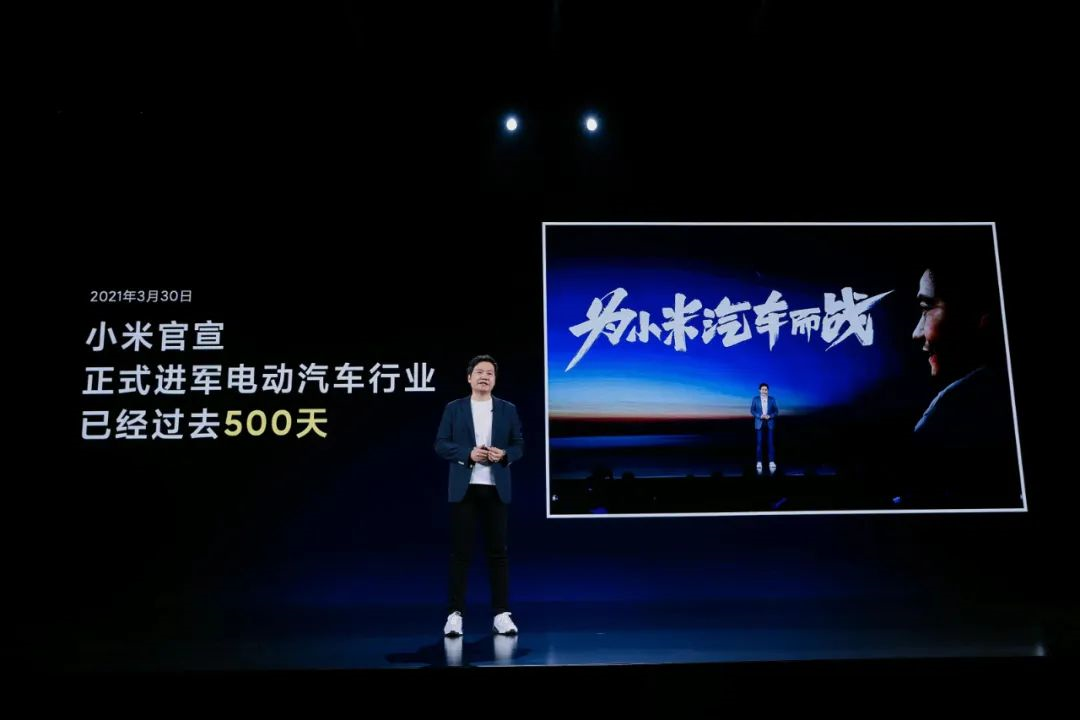Author: Jingtao Wu
The first smart car of Mi Boy is coming!
Xiaomi Autonomous Driving Debut
On the evening of August 11th, Lei Jun, the founder, chairman and CEO of Xiaomi, gave the third annual public speech. In addition to the release of new Xiaomi products, there was also a session called “One more thing”.
As expected by the outside world, Lei Jun revealed the latest progress of Xiaomi cars in this session.

At the time point when Xiaomi announced that it was making cars for 500 days, Lei Jun revealed that Xiaomi’s progress in making cars was going smoothly.
Meanwhile, he stated that “Autonomous driving is the first breakthrough direction of Xiaomi cars, and it is also the key point for the victory of smart cars“. Therefore, Xiaomi autonomous driving will be self-developed in full stack.
In terms of the progress of Xiaomi autonomous driving research and development, Lei Jun revealed that the first phase of the plan will invest 3.3 billion yuan in R&D budget. Currently, the team has reached 500 people, has entered the testing phase, and has sent out 140 test cars. The Xiaomi AI Lab, Xiaoai Classmate, and the mobile phone camera department have all participated in it.
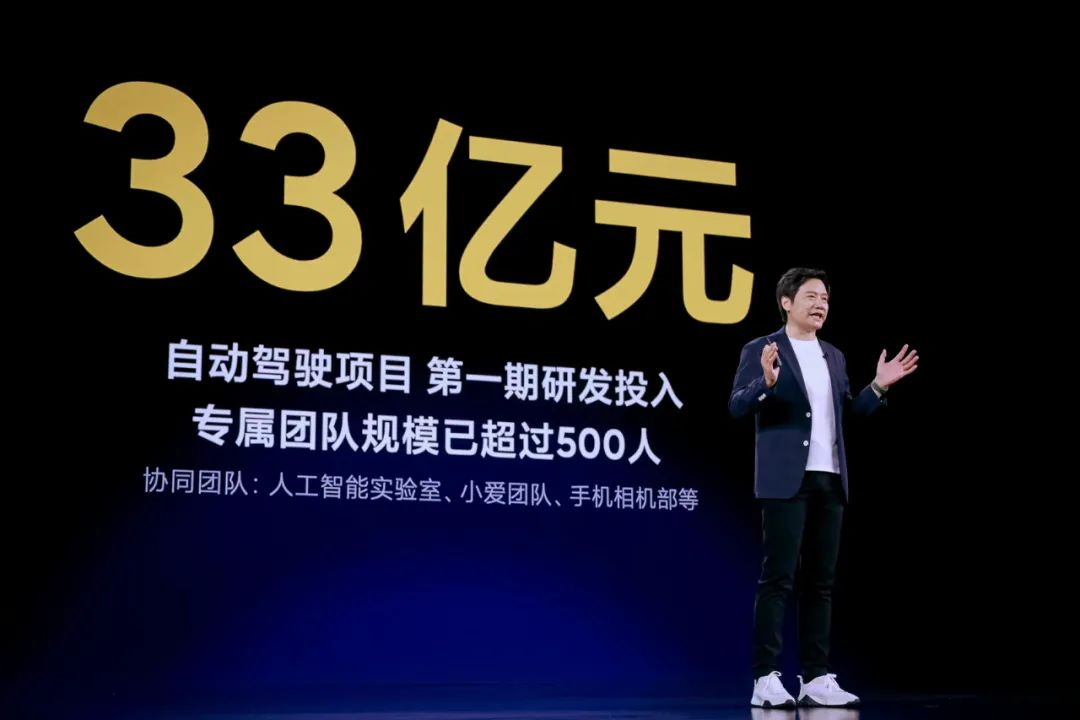
The highlight of the event was that Xiaomi officially played a demonstration video of urban working conditions. From the demonstration video, it can be seen that the current test cars used by Xiaomi cars are the BYD Han and the BMW 5 Series.
It showed various functions such as one-key summon, U-turn, proactive avoidance of buses, proactive avoidance of pedestrians, active passing through the roundabout, unprotected right turn, automatic avoidance of obstacle vehicles, one-key summoning of vehicles, automatic parking, and mechanical arm charging.
As for the goal of Xiaomi Autonomous Driving, Lei Jun said: “Enter the first camp in the industry in 2024.”
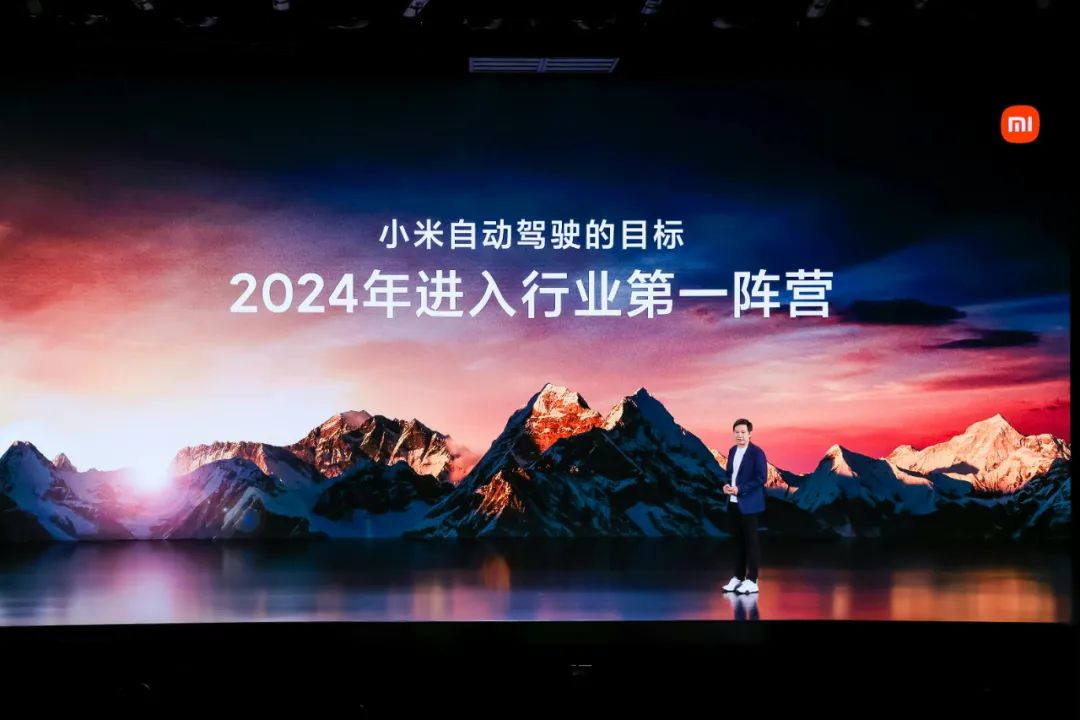 At the end of the “One more thing” segment, Xiaomi also unveiled its first “full-size humanoid bionic robot” – CyberOne. The robot stands at 1.77m tall, weighs 52kg, and is named “TieDa.”
At the end of the “One more thing” segment, Xiaomi also unveiled its first “full-size humanoid bionic robot” – CyberOne. The robot stands at 1.77m tall, weighs 52kg, and is named “TieDa.”
Performance-wise, CyberOne can perceive 45 human semantic emotions and distinguish 85 environmental semantics. Through Xiaomi’s self-developed full-body control algorithm, it can coordinate motion with 21 degrees of freedom. Equipped with the Mi Sense visual space system, it can reconstruct the real world in 3D. Its whole body has 5 joint drives, with peak torque of 300N·m.
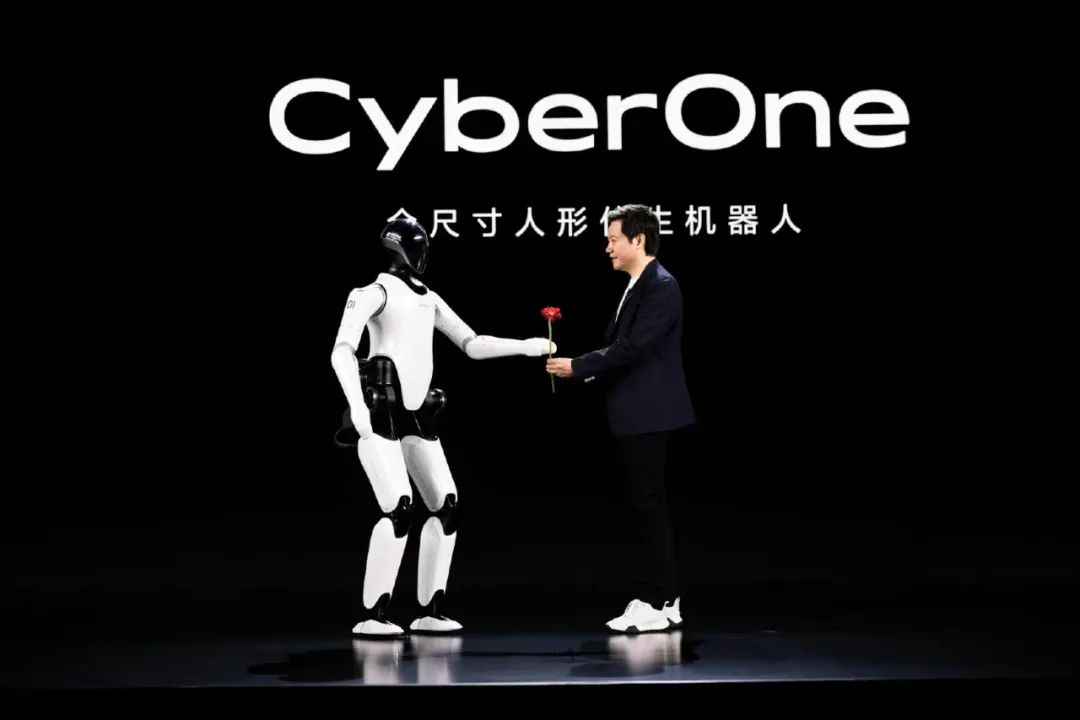
Both in terms of size and name, CyberOne is hard not to associate with the Optimus robot prototype that Tesla will bring to the AI Day in late September.
Combined with the new news from Xiaomi’s automotive sector that night, many people on social media expressed feelings that Xiaomi is about to become “China’s Tesla.”
BYD’s LFP Battery Shipment Volume Exceeds CATL in July
On August 11th, China Automotive Power Battery Industry Innovation Alliance released the monthly power battery data for July.
In July, China’s power battery shipment volume reached 24.2GWh, a YoY growth of 114.2%.
Among them, the shipment volume of ternary batteries was 9.8GWh, accounting for 40.7% of the total amount, with a YoY growth of 80.4%. The shipment volume of lithium iron phosphate (LFP) batteries was 14.3GWh, accounting for 59.3% of the total amount, with a YoY growth of 147.2%.
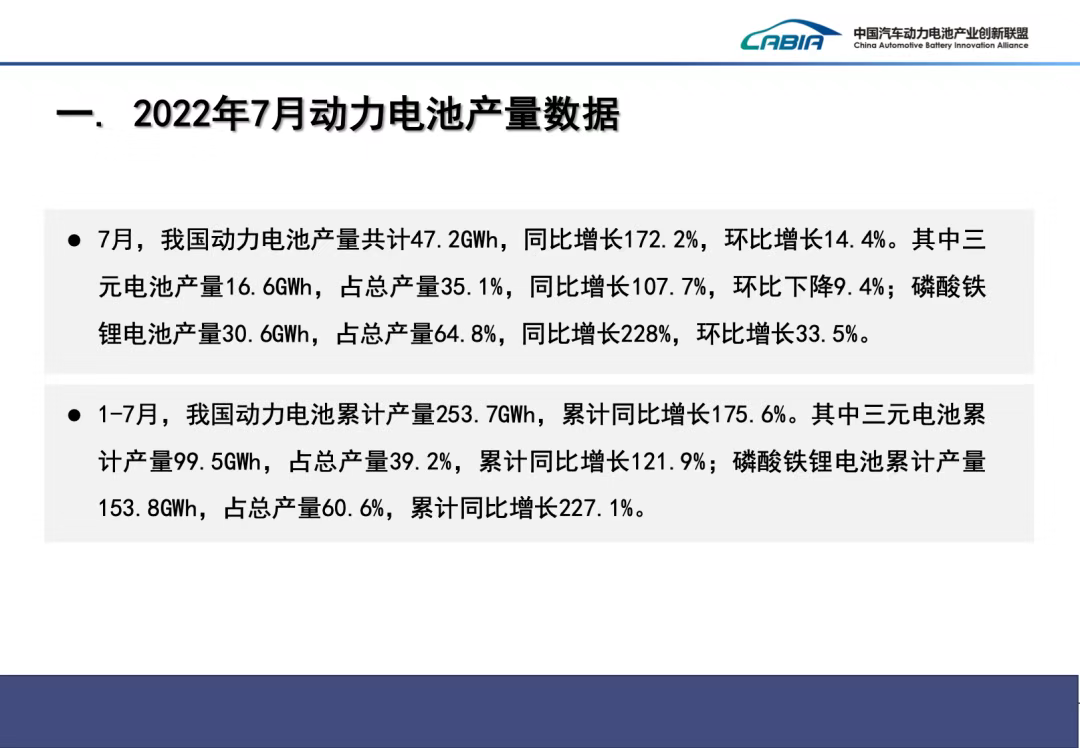
In terms of enterprise shipment volume, CATL ranked first with a total shipment volume of 11.41GWh and a market share of over 47%, maintaining its position as the top power battery shipper.
Fudi Battery, a subsidiary of BYD, ranked second with a total shipment volume of 6.1GWh and a market share of over 25%.
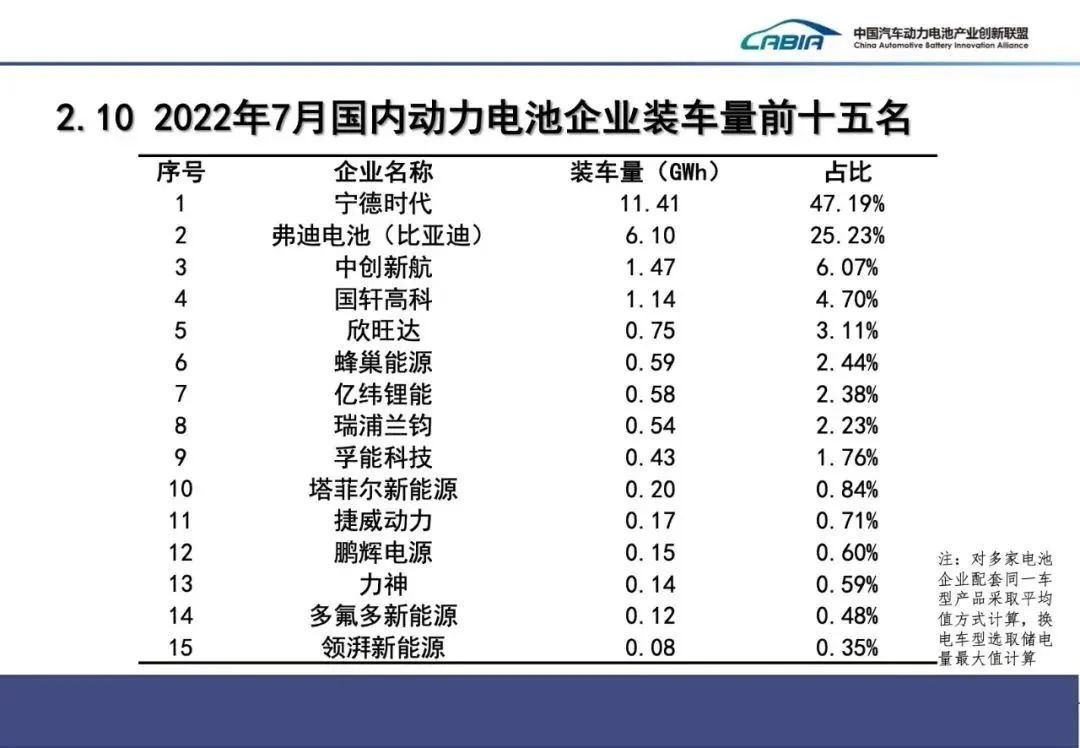
In July, 37 power battery enterprises in China’s new energy vehicle market achieved shipment matching, a decrease of 8 compared to the same period last year.
The respective ratios of the top 3, top 5, and top 10 power battery enterprises’ shipment volume to the total shipment volume were 78.5%, 86.3%, and 95.9%, respectively. It can be seen that the aggregation effect of top players in the domestic power battery field is increasing.
The most attractive data of July is the ranking of installed power batteries for lithium iron phosphate batteries. CATL’s LFP battery, FUDI, under BYD was the top of the list for the first time, with a total installed capacity of 6.01GWh.
XPeng G9 begins booking
On August 10th, XPeng Motors opened booking for the first mid-to-large size SUV, XPeng G9, and released details about the interior and booking benefits.
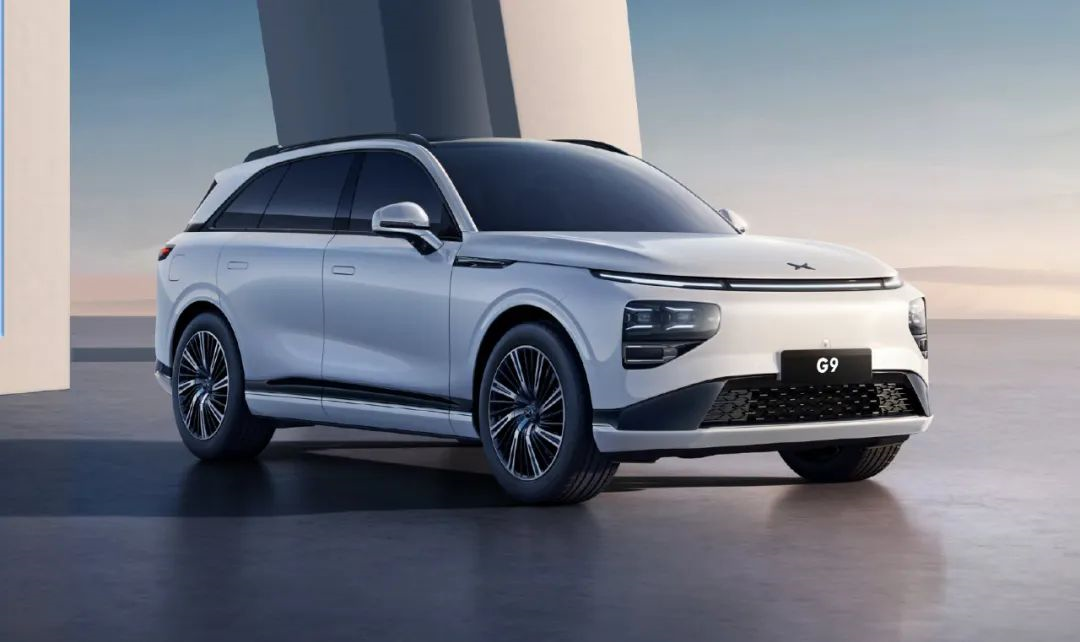
From the details of the interior released this time, we can learn that XPeng G9 will adopt the 5-seat layout, and the center console will use a dual-screen design that is very similar to that of the Ideal L9.
Both screens are 14.96 inches with a 2K high-definition display, and main and passenger information can be shared interactively.
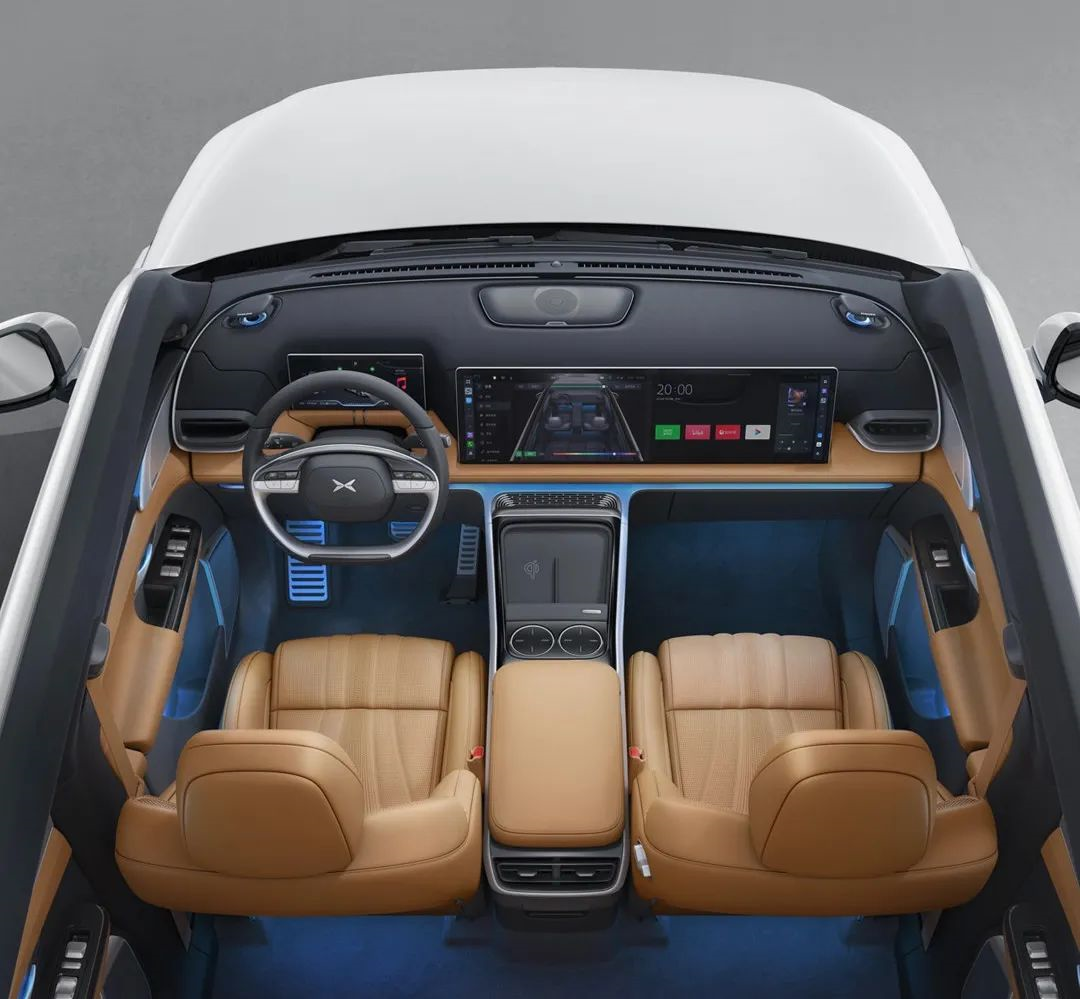
In terms of car device, the entire series will use Qualcomm 8155 chips, equipped with all-scenario, millisecond-level response voice control system.
The passenger seat is equipped with a leg rest, a large intelligent makeup mirror. The preset makeup sitting posture can be stored for easy access. The backrest of the rear seat is electrically adjustable, with an elephant nose design thigh support, and supports heating, massage and other functions.
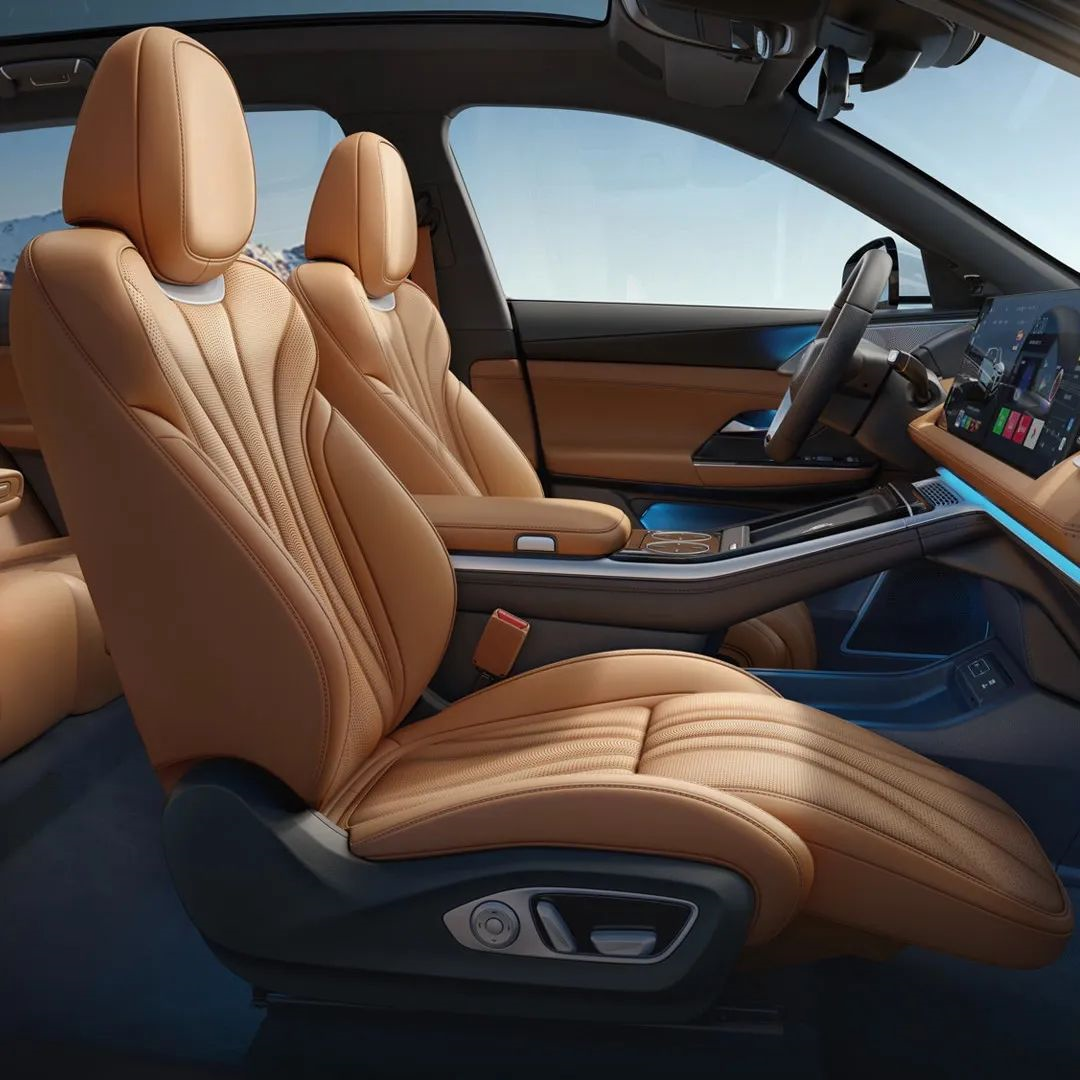
G9 is also equipped with the “Xopera XPeng Music Hall,” equipped with the Denon Confidence series audio system, 28 acoustic units throughout the car, with a total power of up to 2250W, supporting Dolby panoramic sound technology, and 7.1.4 multi-channel music system.
In terms of chassis, XPeng G9 will use “top-level dual-chamber air suspension” with CDC active-adjustable suspension, which can intelligently adjust damping, stiffness, and height.
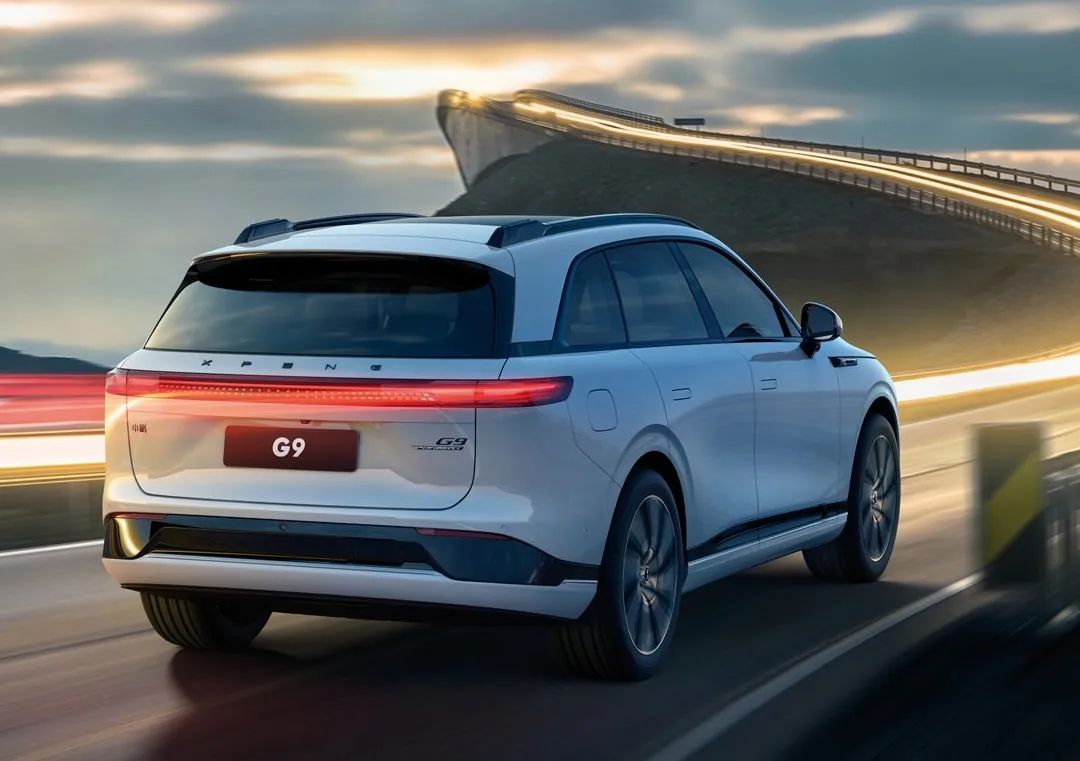
Currently, the intention deposit for booking a G9 is RMB 2,000, and the booking benefits include: RMB 5000 optional fund, G9 “Be the First to Come” private gift box (1 G9 gypsum model, 1 DIY kit, 1 G9 limited digital collection, 3000 limited editions).Due to XPeng’s failure to release the price range of G9 during the pre-order period, there have been many speculations about the price of G9 online. In response, XPeng vice president Li Pengcheng posted on Weibo that the prices circulating online are untrue, and the configuration and price of G9 will not be officially announced until the September conference.
Although the pre-sale price has not been announced, XPeng G9 still received 22,819 orders within 24 hours after the start of pre-order, indicating the anticipation and enthusiasm for XPeng G9.
Interestingly, XPeng Automobile also announced the proportion of male and female users who pre-ordered G9 in the promotional poster, with male users accounting for 77% and female users accounting for 23%.
According to informed sources, BYD has delivered LFP batteries to Tesla Berlin Super Factory, and Model Y vehicles equipped with BYD Blade Battery will be produced by the Berlin Super Factory in a few weeks at the earliest. The latest news shows that Model Ys produced by the Berlin factory are already equipped with batteries supplied by BYD.
According to the teslamag.de website, the Model Y equipped with BYD batteries has been certified and approved by the European Union. The new Model Y is referred to as type 005, and is internally referred to as “variant Y7CR.” The BYD battery capacity of the new car is 55kWh, with a range of 440km.
At present, the Berlin factory only produces Model Y vehicles, and the use of BYD’s LFP battery indicates that the Berlin factory has started production of rear-wheel drive Model Y vehicles. Currently, the Model Ys sold in Europe are all four-wheel drive, long-range, and high-performance versions.
Sources also said that Tesla Shanghai Super Factory currently has no plans to use BYD batteries. As early as the beginning of this year, reports stated that Tesla had already placed an order with BYD’s subsidiary, Feiteng Battery, for the purchase of batteries (C112F).In June, Lian Yubo, executive vice president and director of BYD’s Automobile Engineering Research Institute, revealed in an interview with CGTN host Kui Yingchun that “BYD will provide battery products for Tesla, confirming the existence of this cooperation to the outside world.”
Lian Yubo said in the interview: “Tesla is a very successful company, BYD respects and admires Tesla, and we are now also good friends with Elon Musk, and we are preparing to supply him with batteries soon. We are all friends.”
The news also sparked changes in the investment market. On the day the news was announced, A-share Ningde Times fell 6.78%, while Hong Kong stock BYD rose 2.18%.
Just a week earlier, another domestic battery supplier, Ningde Times, also announced that it will provide M3P batteries for Tesla in the fourth quarter, using lithium iron phosphate manganese materials. Compared with lithium iron phosphate, M3P batteries have an energy density increase of about 15%, reaching 210 Wh/kg, and the cost is similar to lithium iron phosphate batteries. The battery will also be installed in the Model Y.
It can be seen that as the sales volume of Tesla models with LFP batteries gradually increases, BYD and Ningde Times will play an increasingly important role in Tesla’s battery supply chain. The competition between these two major domestic power battery suppliers will also move from domestic to international.
This article is a translation by ChatGPT of a Chinese report from 42HOW. If you have any questions about it, please email bd@42how.com.
